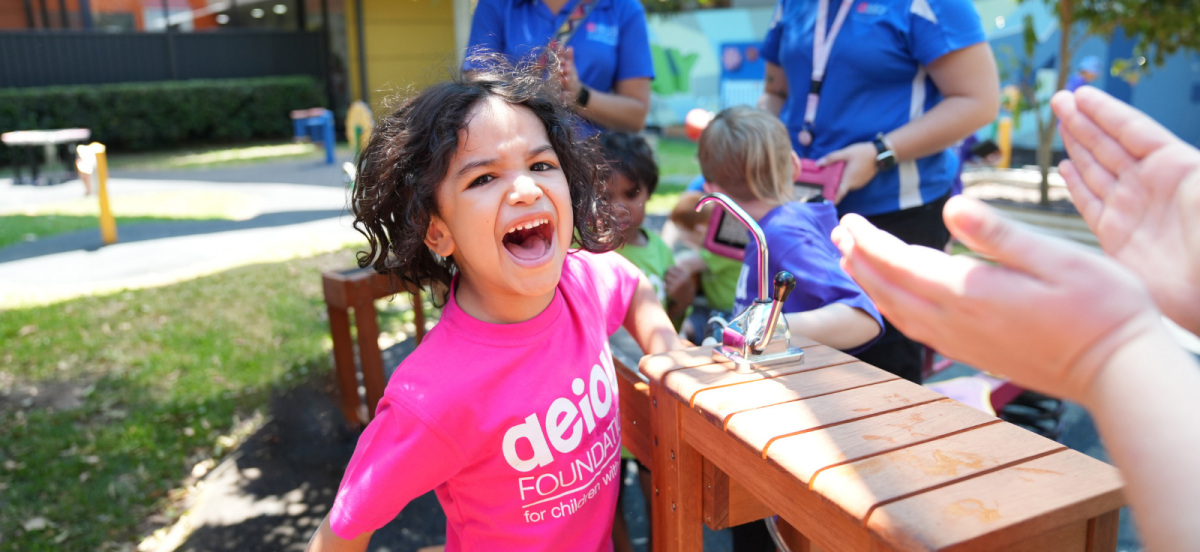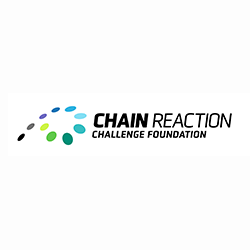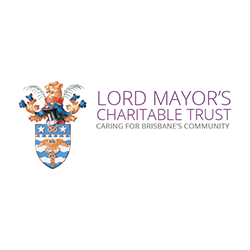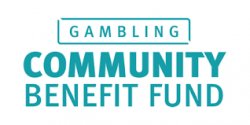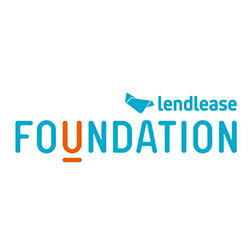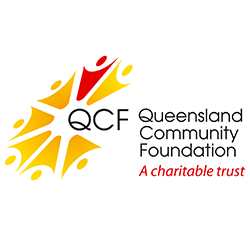Support
Group Early Intervention
AEIOU was established to enrich the lives of children with autism, in an environment that builds on their strengths and helps them to thrive.
Our autism early intervention supports your child through their early childhood years with daily therapy hours set in a small group setting where they can learn and grow alongside their peers.
Find out more about the program below.
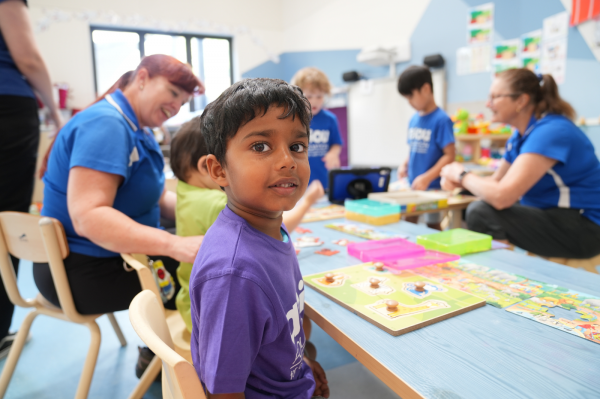
Support
Choose the solution that’s best for you!
We offer different enrolment options that not only support your child's needs but also work with your NDIS plan. Our restructured early intervention model means autism supports have become more accessible while still providing evidence-based care within a natural environment. This approach not only enhances your child's developmental progress but also empowers you to navigate your child's growth and learning.
Children enjoy coming to AEIOU because our supports are play-based, engaging and neuro-affirming.
Enrolment options
From January 2026, our early intervention service will be delivered in two-day blocks across the week, with an optional day of childcare-only program on Wednesdays.
Your child’s week might look like this:
.png)
- Option 1: Monday, Tuesday (group early intervention and childcare) + optional Wednesday (childcare-only)
- Option 2: Thursday, Friday (group early intervention and childcare) + optional Wednesday (childcare-only)
- Optional Wednesday (childcare-only) is not available outside of the group early intervention enrolment. Your child must be enrolled in either Option 1 or Option 2 to access it.
- Private therapy sessions are also available, if needed.
This service is designed to work with your NDIS funding. Option 1 and Option 2 can be combined if it suits your NDIS plan.
Early intervention days include 2.5 hours of small group therapy each day incorporated within the childcare setting, with therapy supports delivered by an Allied Health Professional like an Occupational Therapist, Behaviour Analyst or Speech Pathologist, and an Allied Health Assistant. Visit our Fees page to learn about how our fee structure works.
Services
Our early intervention service includes:
- Holistic, integrated supports: Our model aligns therapy within a high-quality early childhood educational program. The key educators for your child share responsibility for your child’s developmental and learning journey.
- Responsive approach: Supports are customised to your child’s developmental level, interests, and abilities, to ensure they are relevant, engaging and strengths based.
- Naturalistic setting: Our small groups have a kindergarten-like environment. We aim to enhance your child’s access to natural settings and routines, social engagement with peers, and to nurture children’s skills development in a variety of learning and play environments.
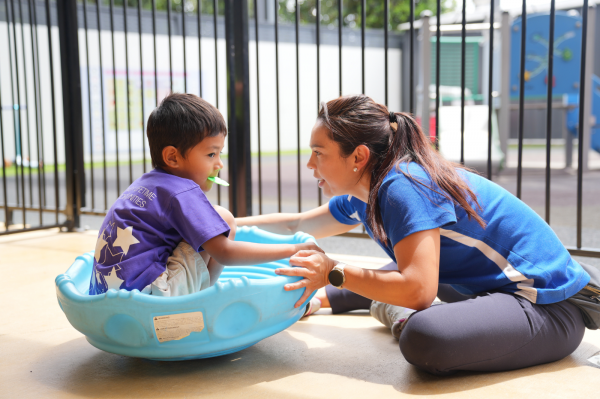

- Parent involvement: We encourage family involvement and discussion with your child’s key educators about extending play-based learning at home. To support your child’s learning and development, we also provide training to empower you to support your child’s development through everyday interactions.
- Evidence-based: Our approach is evidence-based and responsive to each child, resulting in proven outcomes for children with autism and their families.
- Positive behaviour support: Our approach respects your child’s preferences and enables their meaningful participation in play–based learning.
If your child has a new or suspected autism diagnosis, we’re here to help.
Our team appreciates every child's unique strengths and qualities, and we value ensuring our spaces are respectful, inclusive and neuro-affirming.
AEIOU provides therapeutic, early intervention services for children with autism aged two to six. The supports delivered at AEIOU are guided by the Early Childhood Intervention (ECI) framework developed by Professionals in Early Childhood Intervention (PRECI). This means every child received individualised, evidence-based support within natural learning environments, just like childcare or kindergarten, where they can develop and thrive through meaningful, everyday experiences.
At AEIOU, we believe in the power of naturalistic, developmentally appropriate interventions to foster meaningful and lasting improvements in the lives of children and their families.
We also support families during the early years of a diagnosis:
- NDIS support: We can help families like yours to navigate the NDIS, and advocate for your child’s support needs.
- Family capacity building: Families in our care receive regular access to education sessions curated by our Senior Allied Health teams to provide supports outside of AEIOU.
The team
With your child
Our transdisciplinary team includes early intervention specialists, speech pathologists, occupational therapists, behaviour support practitioners, early childhood educators, and allied health assistants. Together, they work seamlessly to support your child’s learning and care, ensuring all interventions and goals are supervised by experienced clinicians.
At AEIOU, we celebrate every achievement and support you at every step in your journey.


